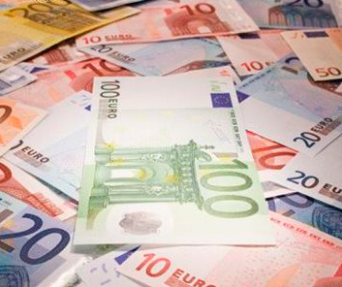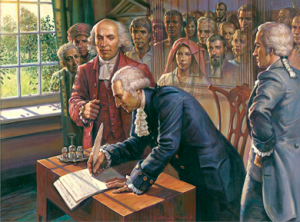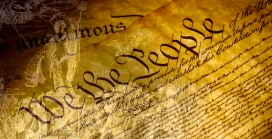The Bank of Self is built to give every human a unique secure identity account with full financial control and an equal voice in governance. It enforces a one human–one account policy to ensure self custody of assets, and blends privacy with accountability via zero-knowledge proofs. It operates with a mobile phone, in a unified mobile and web interface for users to manage their identity, payments and participation.
A specialised identity credential layer allows people to prove status and access aid without exposing unnecessary personal information. Whilst panic mechanisms can freeze accounts and alert trusted networks to a person in danger IE. coerced or enslaved through stolen or with-held identity. If issued at birth as a human right to safeguard our unique identity (in combination with unique DIDs, VCs, MPCs), the 'Bank of Self' would significantly curb human trafficking, most notable if uptake is unilaterally global for a world without borders.
Conflict resolution is managed through a multi-tiered process starting with automated rules, then escalating to human moderators, decentralised juries and external arbitration. Fraud is deterred through staking and slashing mechanisms to penalise, at the risk losing assets, investments and ultimately trust if engaging in fraudulent activities.
A neutral foundation manages an open standards in accordance with moral standards committee, while a service co-operative handles the operations with skilled assets such as legal compliance which focuses on privacy-preserving proofs for AML/CFT requirements. Core team expertise spans from cryptography, governance, payments infrastructure and humanitarian relief. Partnerships include municipalities, fintechs, NGOs, and academic institutions.
Inspired by mycelial networks in nature, the network detects needs, verifies users through multiple attestations, then prioritises funds and assets based on urgency and impact. Then routes resources accordingly to create a living global safety net that directs aid and infrastructure to where and when it it is most needed. In times of crisis, the system can rapidly onboard users, waive fees, prioritise urgent needs and integrate with local relief operations. Critically it is can work from local education needs to supply free books, school meals and shoes for children up to disaster level diverting food, water and aid.
Interoperability and data standards adopts W3C, ISO 20022, and other global standards ensure compatibility with existing systems including banking networks and government registries. Non-exhaustive threat models mitigate sybil attacks, key theft, ballot coercion, and governance capture. Whilst the node governance networks, from local to national to global in combination with blockchain security make the system highly resilient against both state level and criminal adversaries wishing to take control of the system or manipulate it.
The initial rollout plan (MVP Scope 6-9months) focuses on core identity verification, free peer-to-peer transfers, basic localised community voting, and panic/freeze functionality to prove the models viability before scaling. A pilot rollout plan could start in one city with NGO and credit union partnerships. The pilot could then expand regionally, then nationally, then ultimately to an international coalition.
 |


























